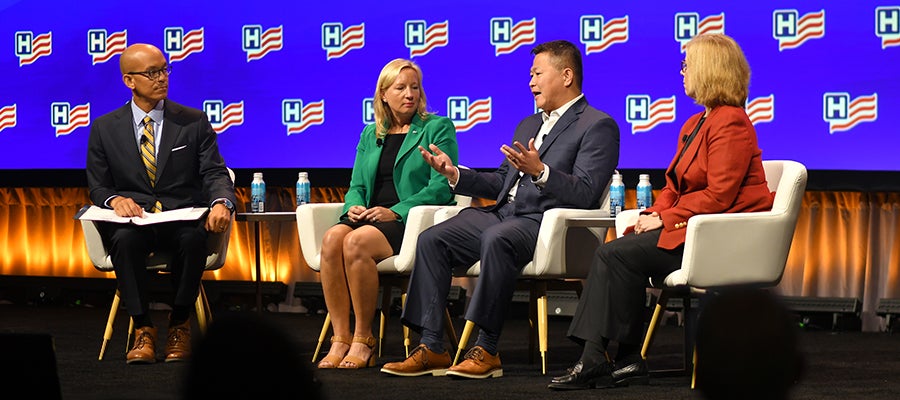The Centers for Medicare & Medicaid Services, departments of Housing and Urban Development and Agriculture, Administration for Community Living, Centers for Disease Control and Prevention, and Health Resources and Services Administration released a joint informational bulletin to help states better coordinate federal resources and programs to improve rural health and housing for older adults and those with disabilities.







